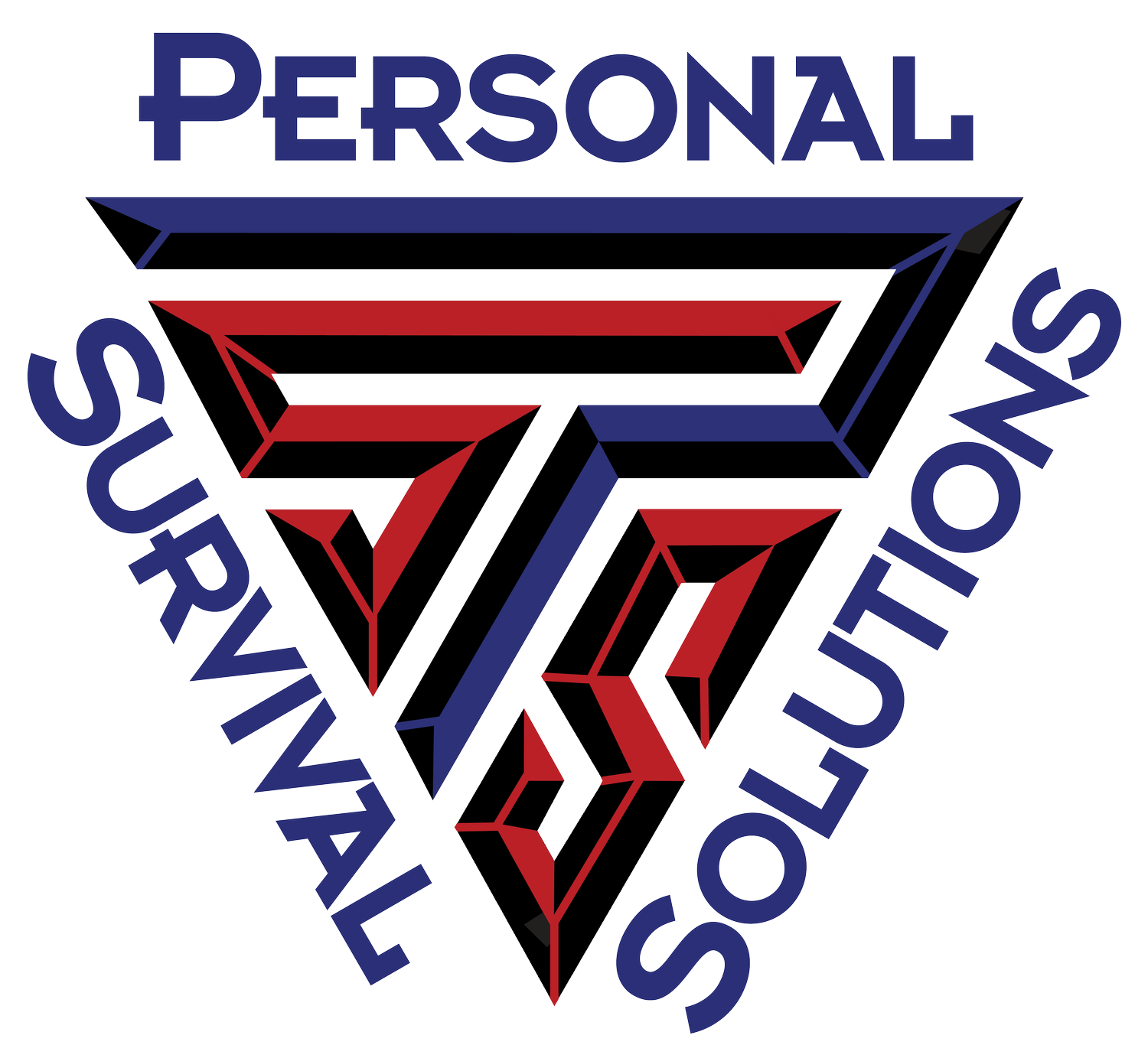This nation was founded on the principle of a citizenry that owned rifles and had the ability to use them to protect their families, homes, and communities. This course is built on that foundation. We will guide you through the principles of rifle marksmanship, with a focus on close-range distances and the dynamics of employing a rifle/carbine in a protective role in and around your home.
The course will provide a strong foundation in rifle marksmanship, covering fundamentals such as rifle manipulation and mechanics, proper zeroing, understanding mechanical offset and its importance at close range, ready positions, positional shooting, precision marksmanship, and rapid multi-threat engagement.
By the end of this course, you will be more knowledgeable and capable as an Armed Citizen, equipped to defend your home and loved ones.
If you are using a Red Dot or LPVO, back-up sights are highly recommended.
Prerequisite: Safe gun handling
Topics Covered:
Equipment Selection – What is Really Needed?
Obtaining an Optical Zero at Short Distances
Fundamentals of Rifle Marksmanship
Optimal Rifle Handling
Emergency and Proactive Reloads
Diagnostic & Non-Diagnostic Malfunction Clearances
Rapid Threat Engagement
Multi-Threat Engagement Methods
Positional Shooting
Fighting Up from the Supine
Employment of Cover and Working the Angles
Equipment for Class:
Reliable Rifle – 5.56/.223, 7.62x39, .308
Sighting System – Iron Sights, Red Dot Optic, or Low-Powered Variable Optic
Rifle Magazines x 3 Minimum
Magazine Carrier x 2 – This can be a battle belt, chest rig, or belt carrier (shooter’s preference)
Rugged Clothing and Footwear
Hat or Headgear
Eye and Ear Protection
Notebook and Pen/Pencil
Sunscreen
Drinks, Snacks & Lunch
Ammunition: 300 Rounds
Duration: 8 Hours

